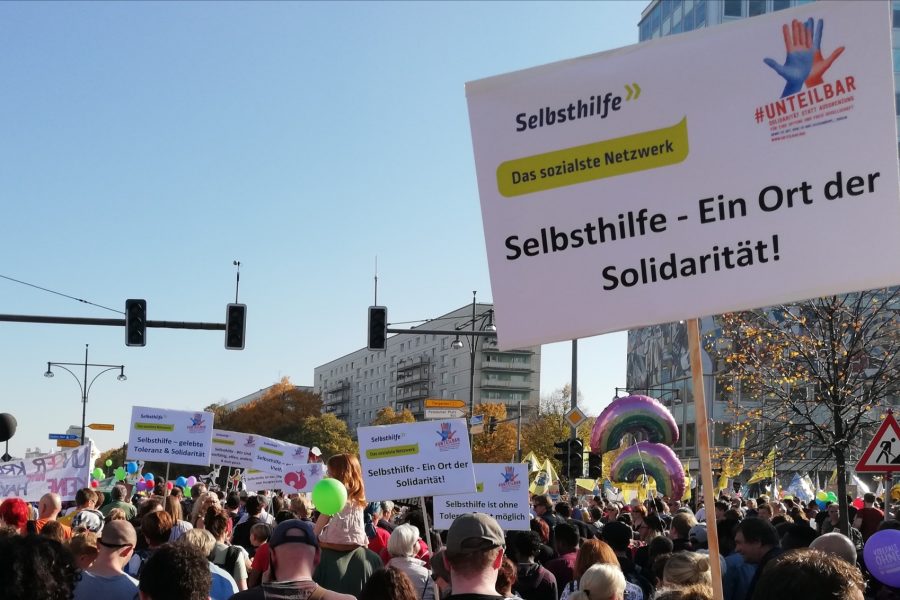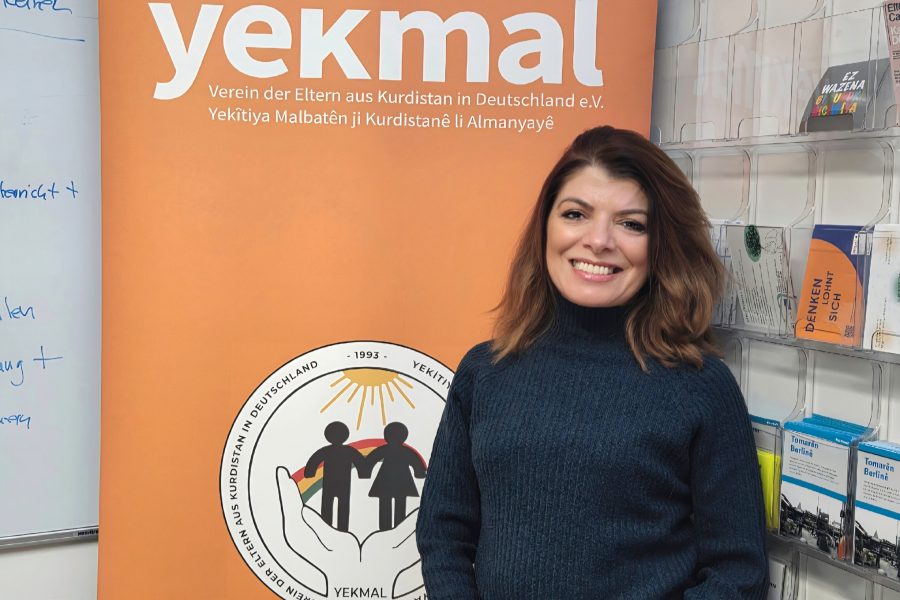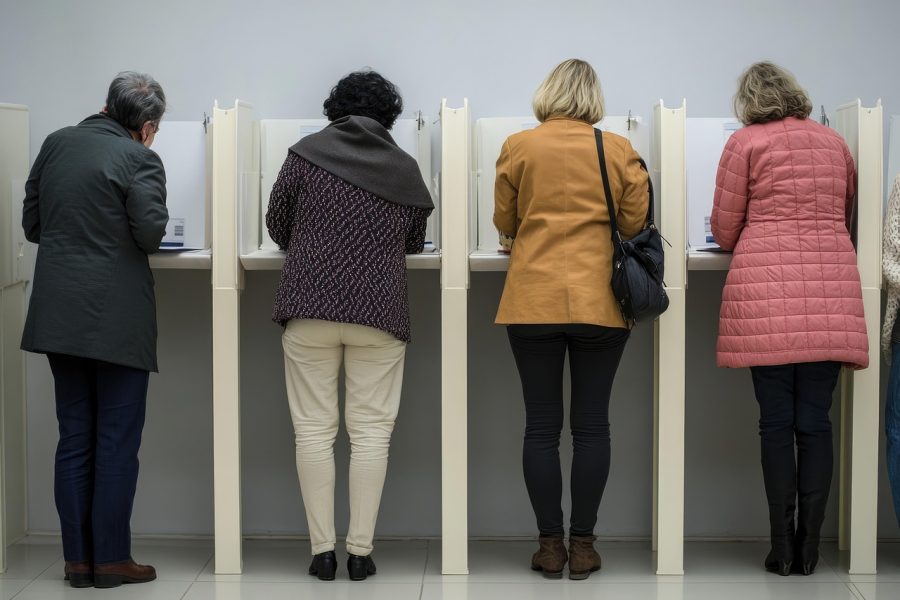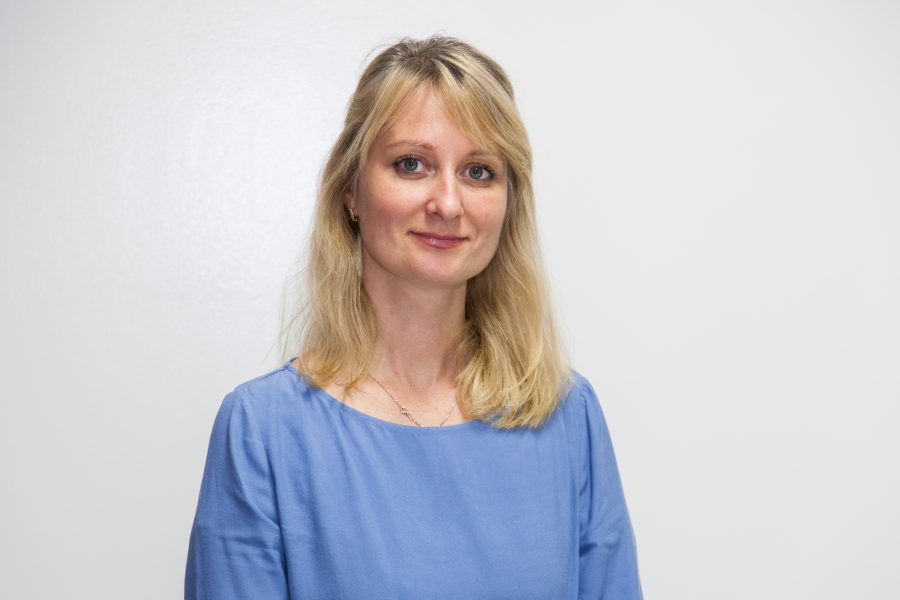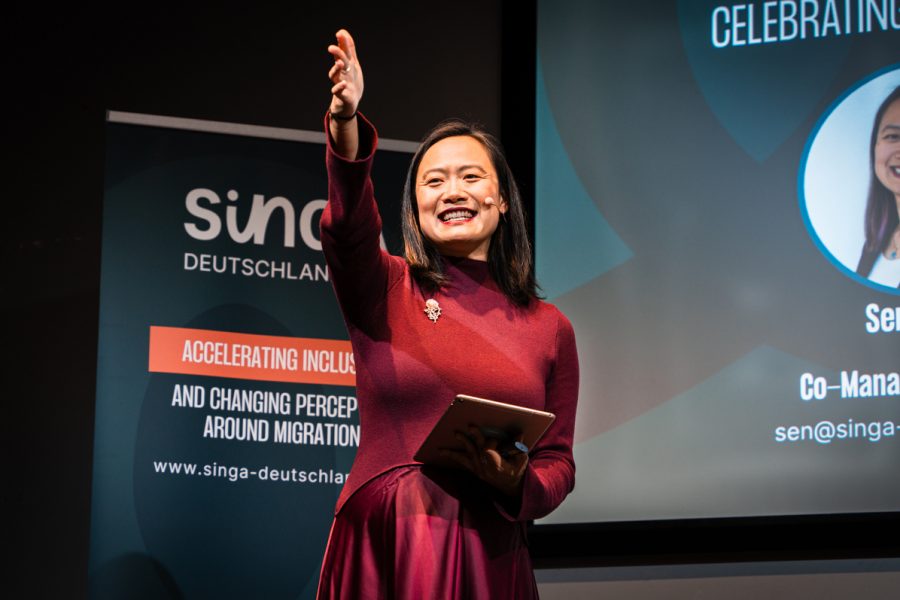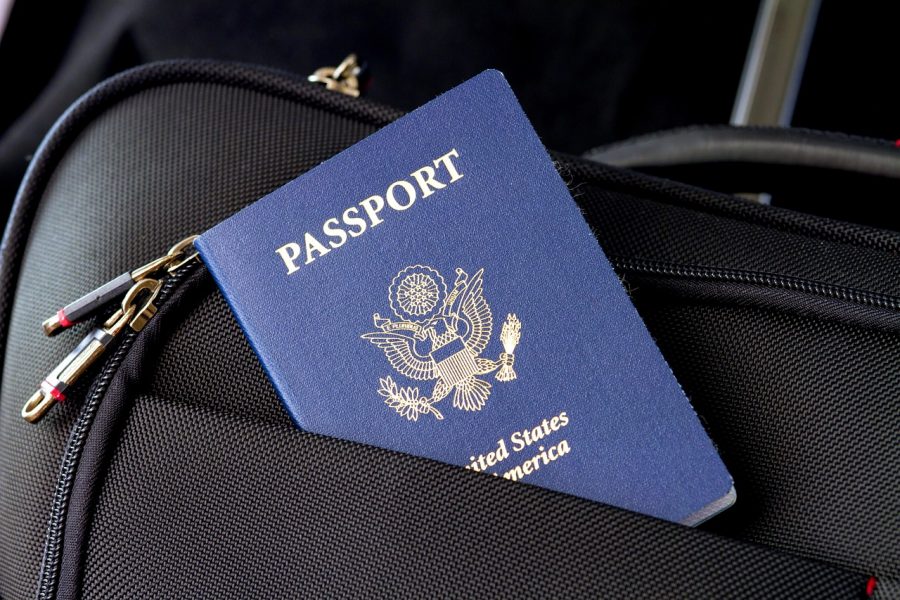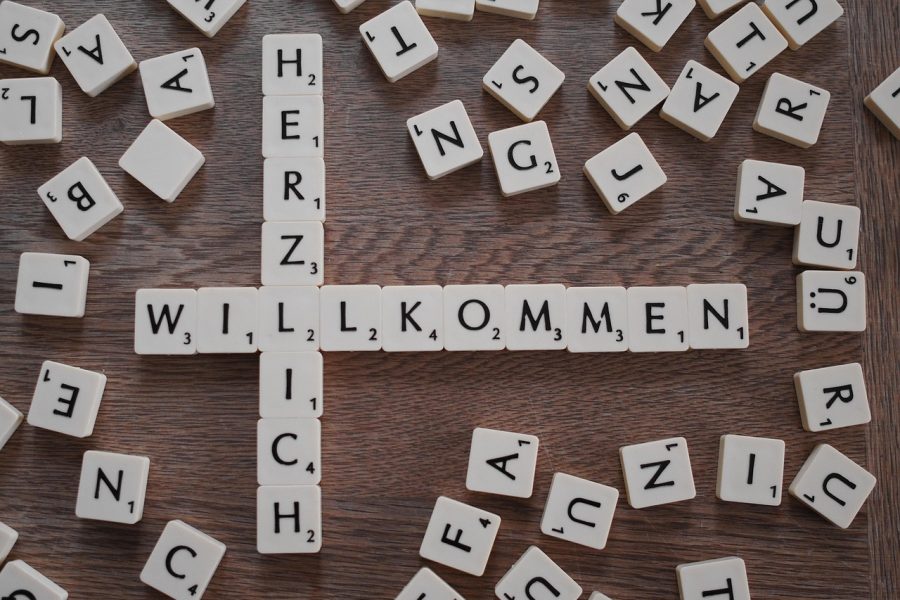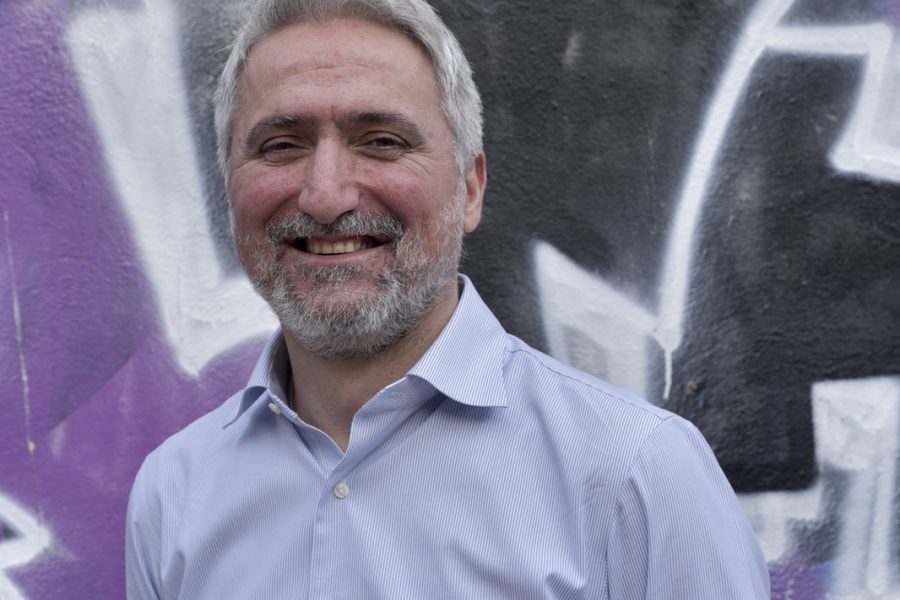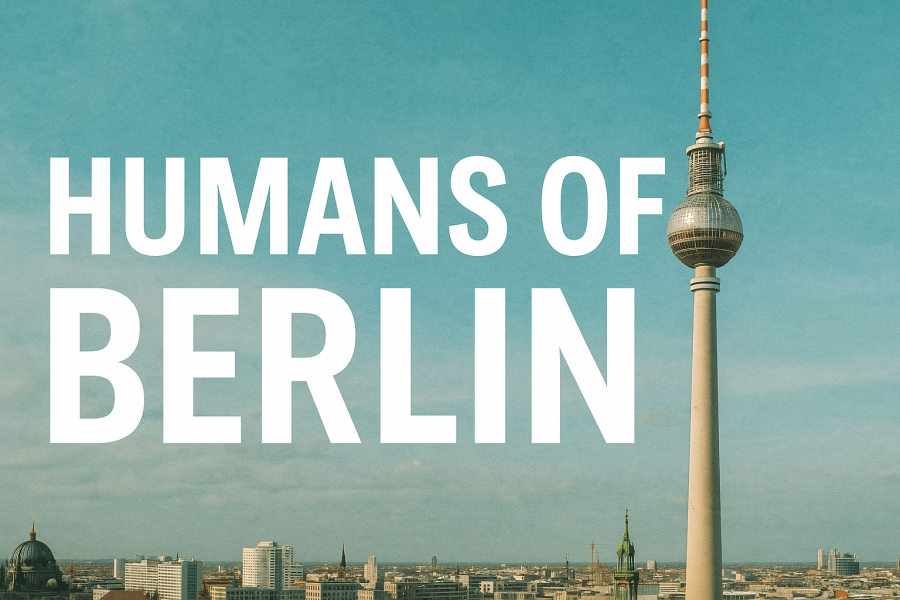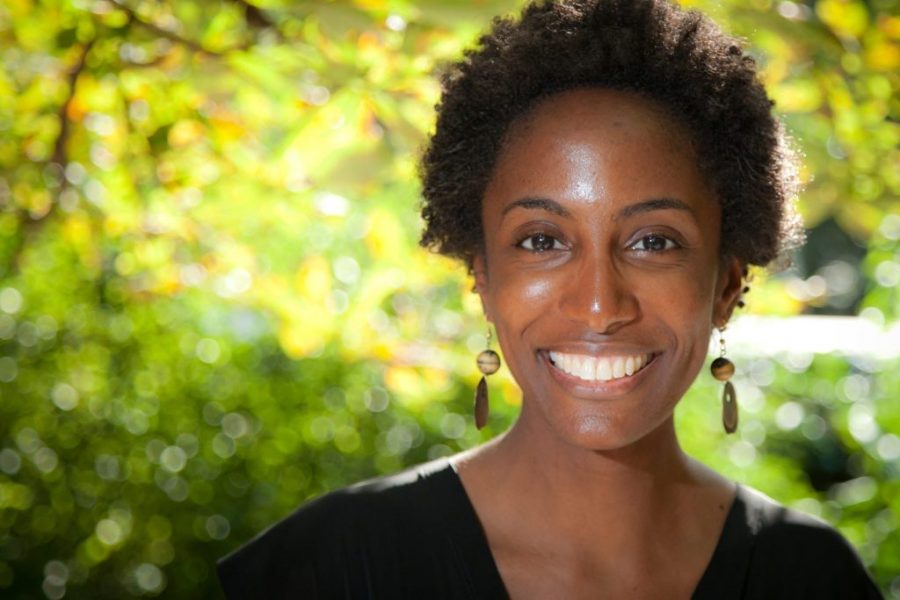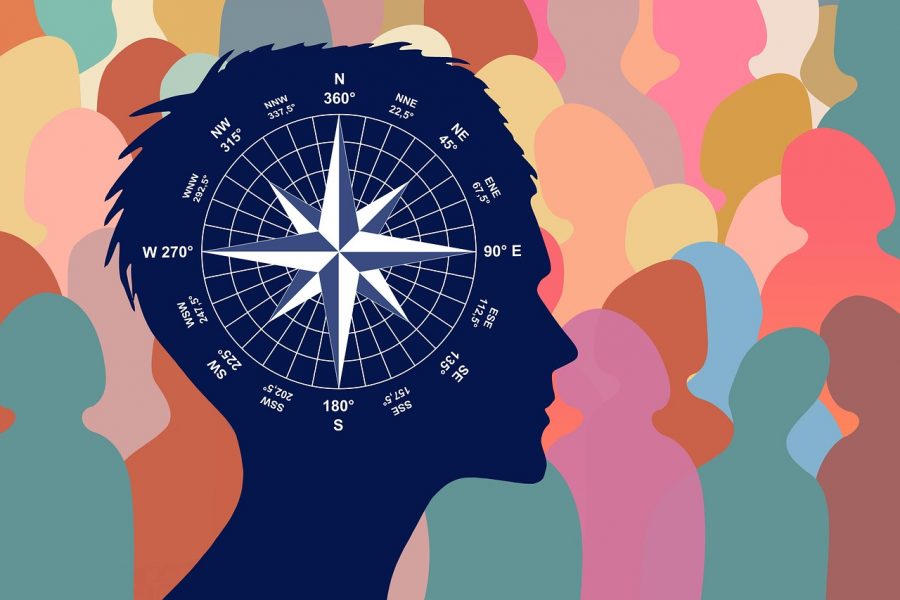Berlin is a city of diversity. Almost a third of its residents were born outside of Germany, and thousands more arrive each year to study, work, or build a new life. Yet while the city thrives on its international character, those very people who keep it dynamic often face a paradox: it’s surprisingly hard to understand how Berlin works.
For many, the first barrier is language. Not everyone comes to Berlin speaking German, and even those who do often find their skills don’t extend to the bureaucratic or political vocabulary that dominates official communication. Terms like Bezirksverordnetenversammlung or Bürgerbeteiligung are intimidating even for native speakers. For international residents, they can feel like an impenetrable code.
But the language barrier is only part of the challenge. Even if you speak German, finding information about the city’s political and social life is rarely straightforward. The official portal, berlin.de, is the central hub for information—but it is not always user-friendly. Key documents are buried several clicks deep, pages are rarely translated, and much of the text is written in dense, formal “Amtsdeutsch” (administrative German). This style may be precise from a legal standpoint, but it can leave ordinary residents—German and international alike—struggling to grasp the essentials.
The lack of accessibility has consequences
The result is that many people, even those who want to get involved, end up feeling excluded. They may hear about debates on housing, schools, or climate policy, but don’t know where to go for reliable, accessible information. Local politics, especially, can seem invisible. Few international residents know what a district council does, let alone how to attend a session or submit a question. The same goes for social services: support for families, integration programs, or cultural funding exists, but accessing them requires navigating a maze of forms and websites.
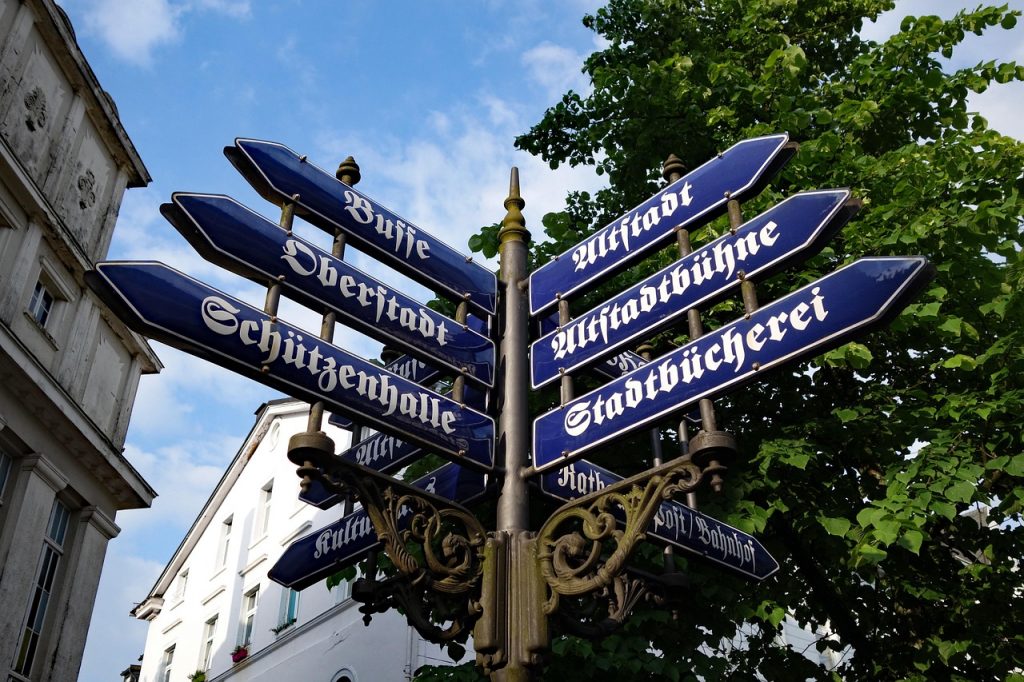
This lack of accessibility has consequences. When people feel uninformed, they are less likely to participate. A resident who doesn’t understand how decisions are made is less likely to voice an opinion or attend a public meeting. And when participation drops, democracy suffers. A system designed for everyone risks being shaped by only those who already know how to work it.
Enormous potential
Yet there is also enormous potential. Berlin’s international residents are highly skilled, engaged, and full of ideas. They bring experiences from different political cultures and a strong desire to contribute to the city they now call home. What’s missing are bridges—spaces that translate complexity into clarity, and bureaucracy into opportunities.
That is the spirit behind WahlheYmatPost. Our goal is not just to provide information, but to make it accessible: short explainers on how local politics works, stories of people who have found ways to participate, guides to events and opportunities where you can join in. We believe that belonging starts with participation—and participation starts with understanding.
Berlin can be a tough city. But it is also a city of openness, resilience, and possibility. By making its social and political life easier to navigate, we can ensure that all of us—not just a few—help shape its future.
| We’d love to hear from you! WahlheymatPost is meant to be a space for dialogue and exchange. Do you have feedback, questions, or topics you’d like us to cover? Is there something in Berlin’s political or social life you wish was easier to understand? Write to us and share your thoughts – we want this newsletter to reflect what really matters to you. This week’s question to you: What’s the hardest part for you when trying to understand how Berlin works – finding clear information, the language barrier, or something else? |


